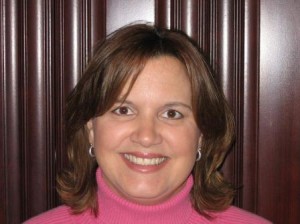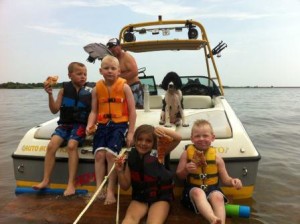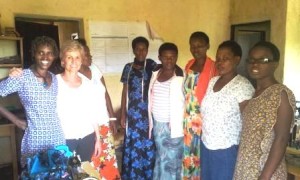I’m concerned about a friend of mine. She believes that work has to be hard. After all, that’s why we call it “work,” right? Work is difficult.
Her father worked with his hands, often in difficult physical labor. Admirably, she learned a great work ethic from him.
Unfortunately, his beliefs also taught her to be skeptical of people who were financially successful in professions that — by his standards — were too easy. They hadn’t really earned their money. They were lazy or privileged.
So my friend believes that work is hard. Not joyful, not innovative, not rewarding.
She toils, making her work harder than it needs to be, missing opportunities to outsource, collaborate, and capitalize on projects with high profit potential.
What’s the story?
My friend has a story – a “work is hard” story. It’s a self-limiting belief, her own personal glass ceiling.
Every family has its own overarching “story.” It could be a rags to riches story. Or maybe it’s a fall from grace story. It could be a pull yourself up by your bootstraps story, a keeping up with the Jones’ story.
We live out our lives mostly unconscious of the stories we have about ourselves and others.
Our stories are the conclusions we’ve drawn — and often we’ve never examined the assumptions we made that brought us to those conclusions.
Sometimes our stories are positive and affirming. More often than not they include hidden self-limiting beliefs.
These self-limiting beliefs keep us from being authentic. Our stories keep us from embracing our full potential, from living the life we really want.
Human nature being what it is, we typically prefer the comfort of holding on to what’s familiar. Our stories create a safety zone.
They become our unspoken rules for playing the game of life.
It’s time for a few questions
Questioning our stories – our beliefs – can often feel as difficult as accepting someone telling you that the alphabet begins with Z and ends with A, when all your life you were taught that it was the other way around.
But what if…just what if, believing the alphabet began with A and ended with Z were holding you back from achieving some goal, exploring some passion?
And what if…just what if, believing that the alphabet begins with Z and ends with A would free you up to pursue your deepest desires? Wouldn’t it at least be worth exploring?
Human beings are strange creatures! Research proves we are so attached to what we already believe that we actually limit the information we take in to what validates what we already believe.
We have to be very intentional about letting new information, ideas and possibilities in.
Our stories are not the ultimate one-and-only truth how life works, about who we are and what we can or want to be. They are simply our interpretation of the facts, and what we have made those facts mean to us.
Challenging whether our interpretation is the only right conclusion means finding a freedom to discover and embrace your full potential.
My friend never questioned her father’s beliefs. She didn’t look deeply into how he developed his assumptions and his conclusions. So his beliefs operate in her unconscious mind, just below the surface.
Break your personal glass ceiling
Here’s how we challenge these false conclusions. We can question our stories and reframe what we believe, by asking ourselves two questions:
- What are the facts?
- What did I make those facts mean about me?
Let’s go back to my friend and her dad. What are the facts?
- He was a smart man with limited formal education.
- He worked in a job that required physical labor.
- What did he make those facts mean?
- He assumed that people who made more money in jobs that didn’t involve physical work had it easy.
- He concluded that they were lazy.
My friend accepted these assumptions and conclusions without even knowing it.
Hello…it doesn’t have to be this way! We can discover some of our self-limiting beliefs that keep us stuck when we question our assumptions and conclusions.
We can rewrite our own stories!
I hope you’ll look back and listen deeply to your old family stories . Listen for what you made those stories mean about you and for your life.
Challenge the old assumptions and conclusions.
Then rewrite your own story. Break your own glass ceiling!
I’d love to hear about what changes take place once that glass is shattered!
By Darcie Harris ©












